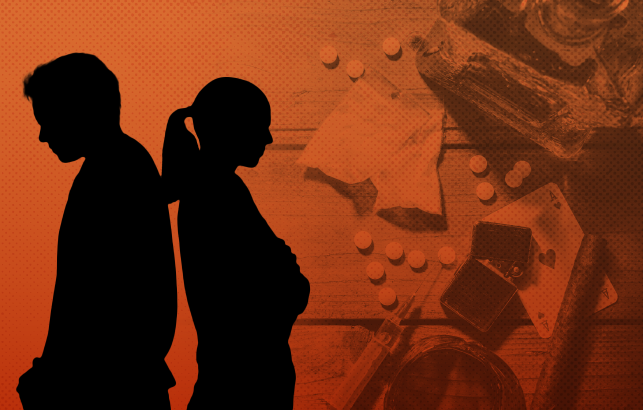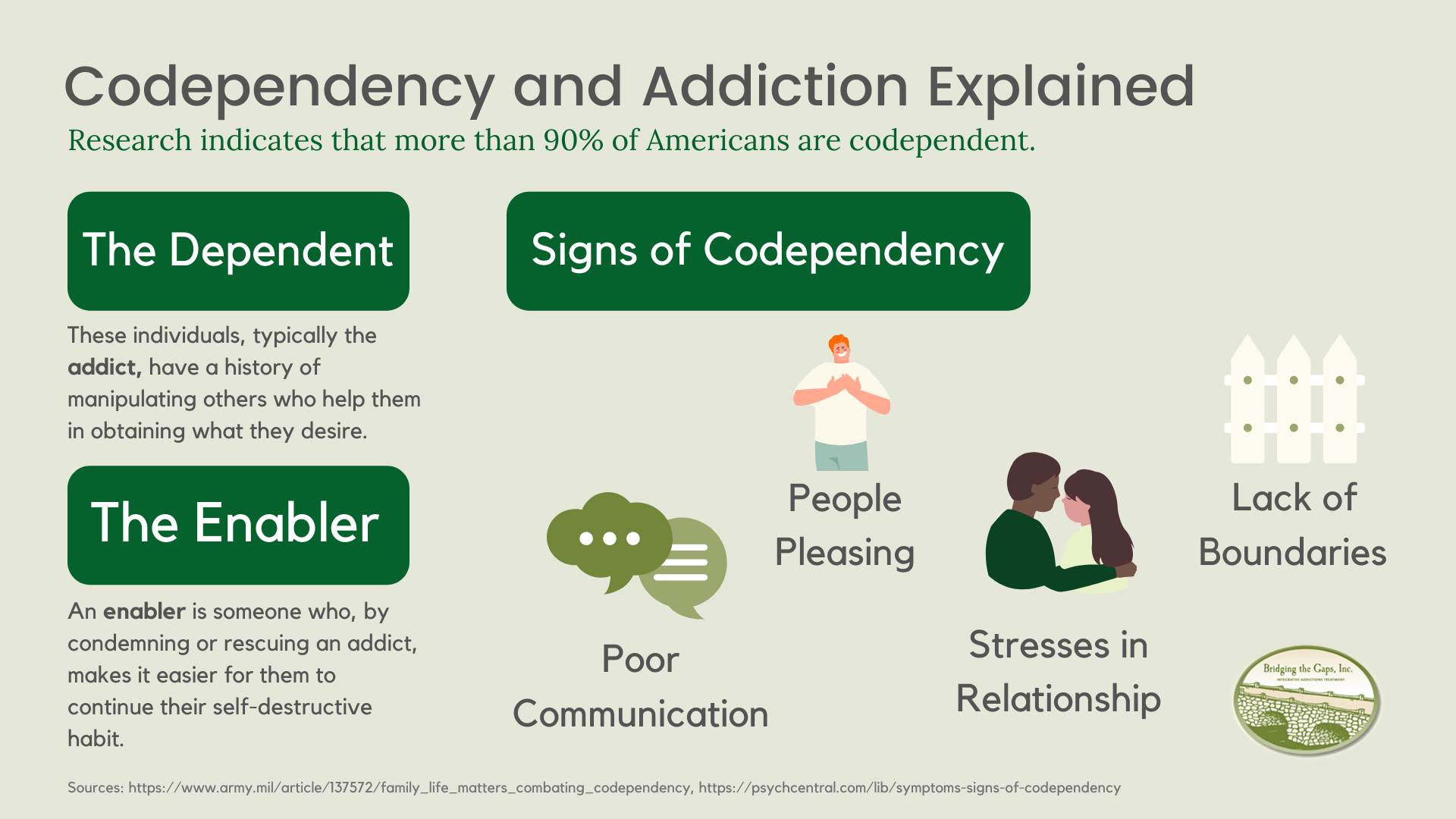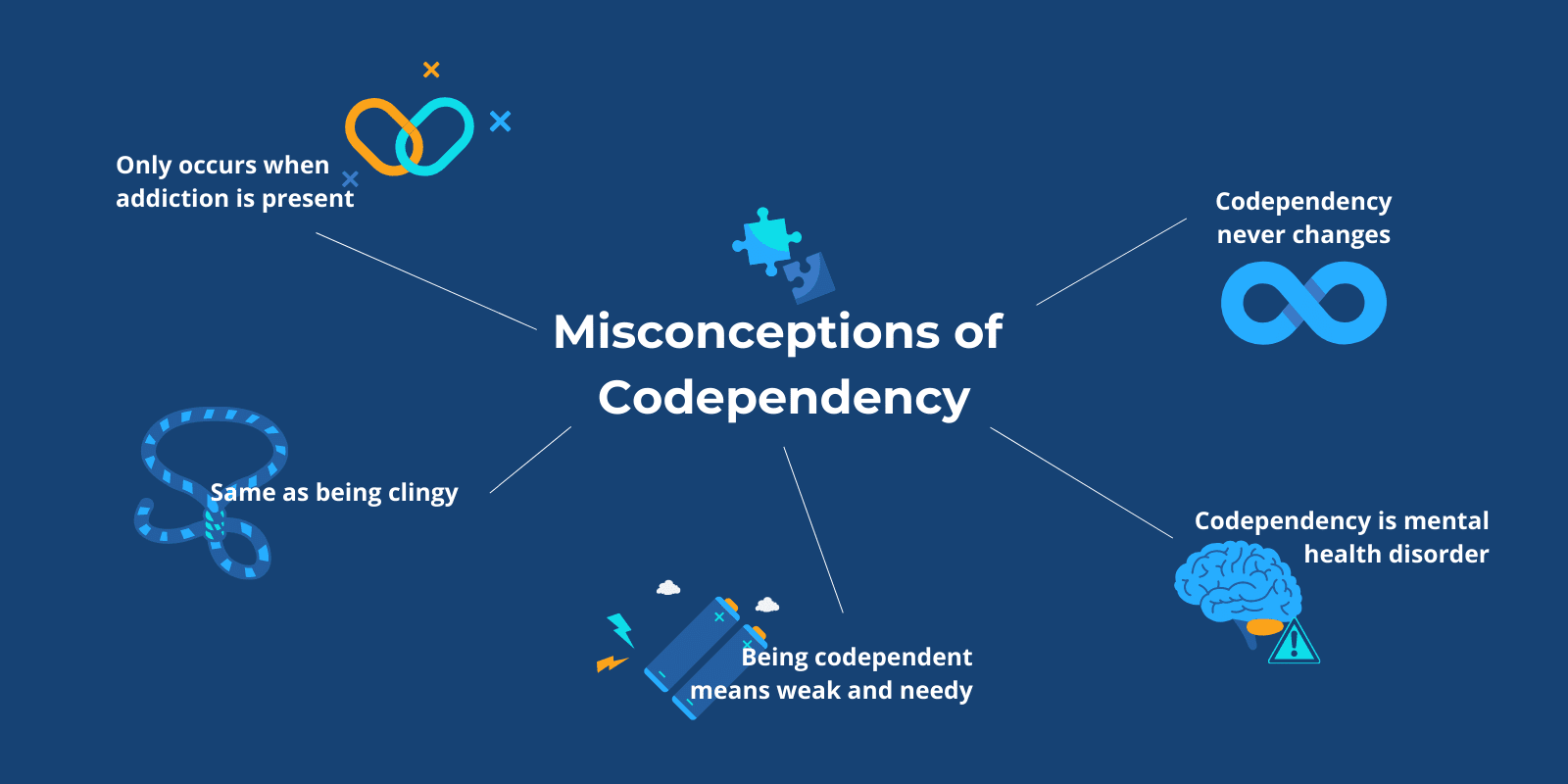Codependency and Addiction: The Intertwined Struggle for Self-Validation
Addiction is a multifaceted beast, and its claws often entangle more than just the individual struggling with substance abuse. Among the myriad of psychological aspects surrounding addiction, codependency is a frequent, yet complex companion. In my experience, I have never met an addict who is not also codependent. This is a bold statement, but it speaks volumes about the intricate dance between addiction and the need for external validation.
Understanding Codependency
Codependency lives in a world of gray areas; it's not a concept that can be pinned down to simple black and white definitions. At its core, codependency is an emotional and behavioral condition that affects an individual's ability to have a healthy, mutually satisfying relationship. It is characterized by a person's reliance on others for approval and a sense of identity.
Those who struggle with codependency often find themselves in relationships where they are the caretakers, putting the needs of others before their own to an unhealthy degree. It's a self-sacrificing pattern that can lead to a loss of self-identity and an inability to forge one's own path.
The Link Between Codependency and Addiction
The link between codependency and addiction is strong and symbiotic. Addicts often rely on others to satisfy their emotional needs or to rescue them from the consequences of their substance abuse. This dynamic creates a breeding ground for codependent relationships, where the addict becomes the focal point, and the codependent partner derives their self-worth from their ability to 'fix' or 'save' them.
In these relationships, the codependent's fear of abandonment or rejection can fuel the addict's behavior, leading to a vicious cycle where the addict's need for substances and the codependent's need for validation feed off each other. This can create an environment where neither party is addressing the root of their issues, but rather, are attempting to fill the void with external solutions.
Breaking Free from Codependency
The journey towards recovery for both addicts and their codependent counterparts involves recognizing the patterns that bind them. It's about understanding that codependency, much like addiction, is a personal struggle that requires internal work. As we navigate the complexities of these intertwined issues, the focus must shift from trying to fill the void with others' validation to working on ourselves.
Healing begins with setting boundaries and finding self-worth from within. It's about learning to value oneself independently of others' opinions or actions. This is not an easy process; it often involves confronting painful truths and engaging in deep self-reflection. However, the goal is to emerge with a stronger sense of self that is not contingent on the whims of another.
The Path to Autonomy and Healthier Relationships
Recovery from codependency and addiction is a path to autonomy. It's a journey towards building healthier relationships that are not predicated on dependency but on mutual respect and individual strength. It's about creating a new narrative where self-validation comes from personal achievements and self-care, rather than an insatiable need for external approval.
For those struggling with addiction, tackling codependency is an essential step in the recovery process. It requires a shift in perspective, from seeing relationships as a means to fill a void, to viewing them as an opportunity to share one's whole self, free from the need for constant reassurance.
Conclusion
In conclusion, codependency and addiction are deeply interwoven, with each perpetuating the other. Breaking free from the cycle of codependent behavior is a crucial component of achieving lasting sobriety and fostering a healthy sense of self. As we work on ourselves, we learn that the strongest foundation for a fulfilling life comes not from others' validation, but from our own inner strength and self-acceptance.-Belle-









No comments:
Post a Comment